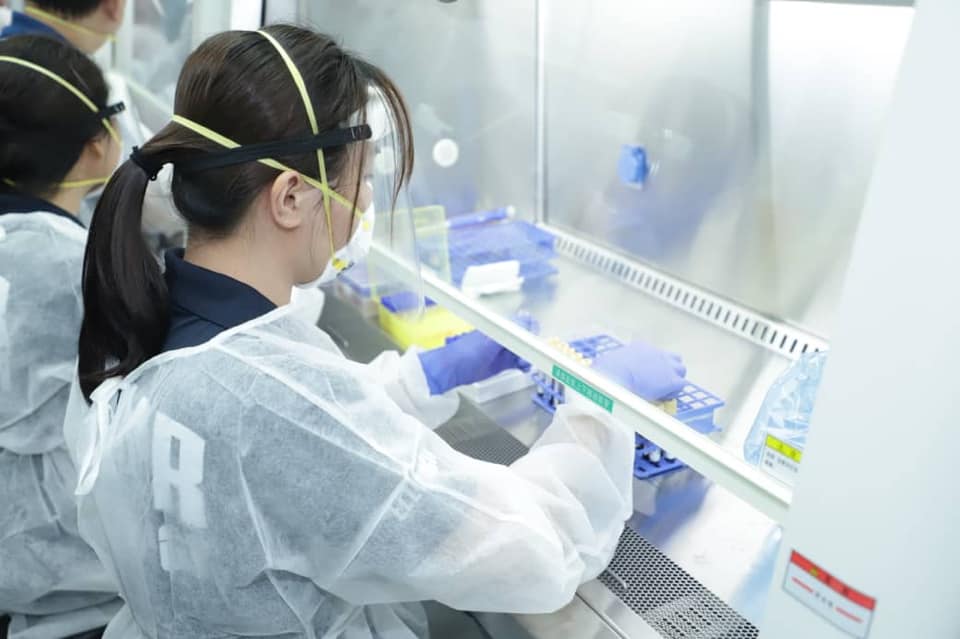KUALA LUMPUR, June 18 — A medical expert urged Malaysia to develop vaccine expertise to face future pandemics, saying Covid-19 will not be the last disease to ravage the world.
Deputy director-general of the Ministry of Health (MOH) Dr Hishamshah Ibrahim, who is in charge of research and technical support, said domestic vaccine expertise is an area of development that is worth investing in the long term.
“We are revisiting plans for a National Vaccine Centre. In my opinion, we should have established this years ago, but better late than never.
“It will of course take big capital expenditure and a long gestation period, but it’s worth investing in the long-term to develop domestic human vaccine expertise,” Dr Hishamshah told Fifa Rahman for her report on the Malaysian response to Covid-19 that was written in collaboration with the Drugs for Neglected Diseases initiative (DNDi), a Geneva-based research and development non-profit.
He also added that such an investment and development may be a little late for the Covid-19 situation in Malaysia, but short-term joint ventures with other countries developing Covid-19 vaccines is a feasible plan for the time being to enable Malaysia’s participation in early trials that test the product’s safety.
“We have pockets of people domestically that have the requisite skills to be involved in vaccine research, we just need to bring them together, design a strategy, and mobilise the necessary resources,” Dr Hishamshah said.
In the realms of research and development, the DNDi report stated that Malaysia plays a leading role in insisting that clinical trials are conducted in geographically diverse regions, with ethnically diverse participants, and in settings with limited resources.
Health director-general Dr Noor Hisham Abdullah, in his statement for the DNDi report, pointed out that nearly 600 Covid-19 trials are registered globally, but very few are carried out in resource-poor settings.
“Some countries do not get the opportunity to conduct these important studies.
“It is crucial to have a fast and efficient approval system. Hence, we have revisited our approval process to allow Covid-19 related trials to be conducted in an expedited manner. Speed is critical in this unprecedented situation,” said Dr Noor Hisham.
He further pointed out that Malaysia’s unique multiethnic population allows the nation to claim a third of the world’s population genomics, which is helpful in population inclusivity of clinical trials.
“In addition, its health system is comprehensive, encompassing primary, secondary and tertiary health care.
“This network helps us to treat and study the disease in an efficient manner. All these make up an additional value proposition which Malaysia can offer the world of science. This is another contributing factor why Malaysia is part of the CRC (Clinical Research Coalition),” he added.
Clinical trials and development of medicines and vaccines require strong protection of intellectual property (IP) rights. Malaysia, however, has a weak reputation for IP protection in the pharmaceutical sector and biological sciences.
Back in early March, the Pharmaceutical Research and Manufacturers of America (PhrMA) slammed Malaysia for poor protection of IP rights, and pushed the Trump administration to reverse compulsory licencing in Malaysia to end “discriminatory” market access practices.
The umbrella group made note of Malaysia’s “non-transparent” move to issue a compulsory licence for a breakthrough US-developed medicine that cures Hepatitis C, sofosbuvir.








